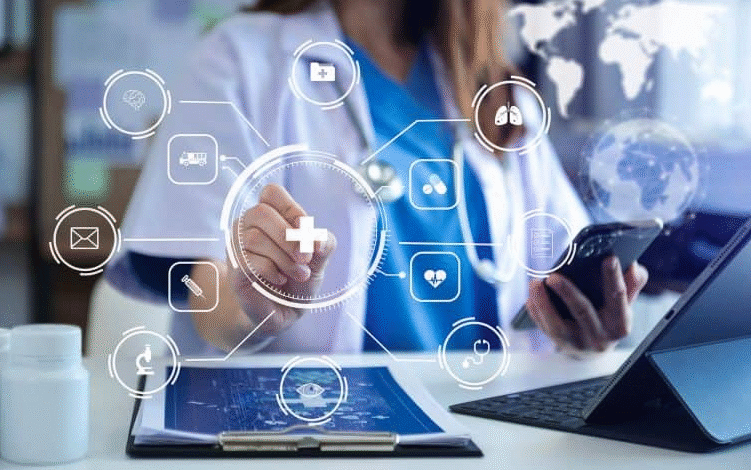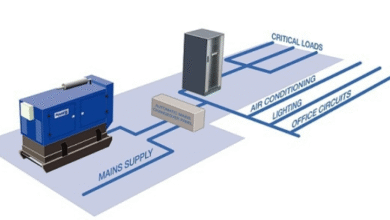How Tech Is Driving Innovation in Healthcare

Technology is fundamentally reshaping healthcare. Innovations such as telemedicine, wearable devices, artificial intelligence, and big data analytics are breaking barriers and enhancing patient care. Telemedicine expands access, while wearables provide continuous health monitoring. AI improves diagnostics, and big data drives efficiency in operations. These advancements not only streamline processes but also encourage proactive health management. As these technologies evolve, their impact on healthcare delivery raises critical questions about the future of patient care and engagement.
The Rise of Telemedicine: Expanding Access to Care
The rise of telemedicine has significantly transformed the landscape of healthcare delivery, providing a vital bridge to care for millions.
Virtual consultations enable patients to access medical expertise without geographical constraints, fostering a sense of autonomy.
Additionally, remote monitoring tools empower individuals to track their health actively, enhancing engagement and facilitating timely interventions.
This evolution signifies a shift towards personalized, accessible healthcare solutions that prioritize freedom and convenience.
Wearable Technology: Monitoring Health in Real-Time
As telemedicine reshapes patient-provider interactions, wearable technology emerges as a significant player in real-time health monitoring.
Devices such as smartwatches and fitness trackers enable continuous health tracking, offering users insights into vital signs and activity levels.
This technology empowers individuals to take control of their wellness, fostering a culture of proactive fitness monitoring that aligns with the desire for personal freedom in health management.
Artificial Intelligence: Enhancing Diagnostics and Treatment
Revolutionizing the landscape of healthcare, artificial intelligence (AI) significantly enhances diagnostics and treatment methodologies.
By leveraging machine learning and predictive analytics, AI systems can analyze vast datasets to identify patterns and predict patient outcomes.
This capability enables healthcare professionals to make faster, more informed decisions, ultimately improving patient care and personalizing treatment plans, fostering a more efficient and responsive healthcare environment.
See also: How Tech Is Changing the Entertainment Industry
Big Data Analytics: Transforming Patient Outcomes and Operational Efficiency
While traditional healthcare practices often rely on limited data, big data analytics is reshaping the industry by harnessing vast amounts of information to enhance patient outcomes and streamline operational efficiency.
Predictive modeling enables healthcare providers to anticipate patient needs, while patient stratification allows for tailored interventions.
This data-driven approach not only improves treatment efficacy but also optimizes resource allocation, fostering a more responsive healthcare system.
Conclusion
In conclusion, technology is fundamentally transforming healthcare, making it more accessible and efficient. Remarkably, a recent study found that telemedicine visits surged by 154% in 2020, highlighting its critical role during the pandemic. As telemedicine, wearable devices, AI, and big data analytics continue to evolve, they promise to enhance patient care, optimize outcomes, and empower individuals in their health management. This technological revolution not only addresses current healthcare challenges but also paves the way for a more proactive approach to wellness.




